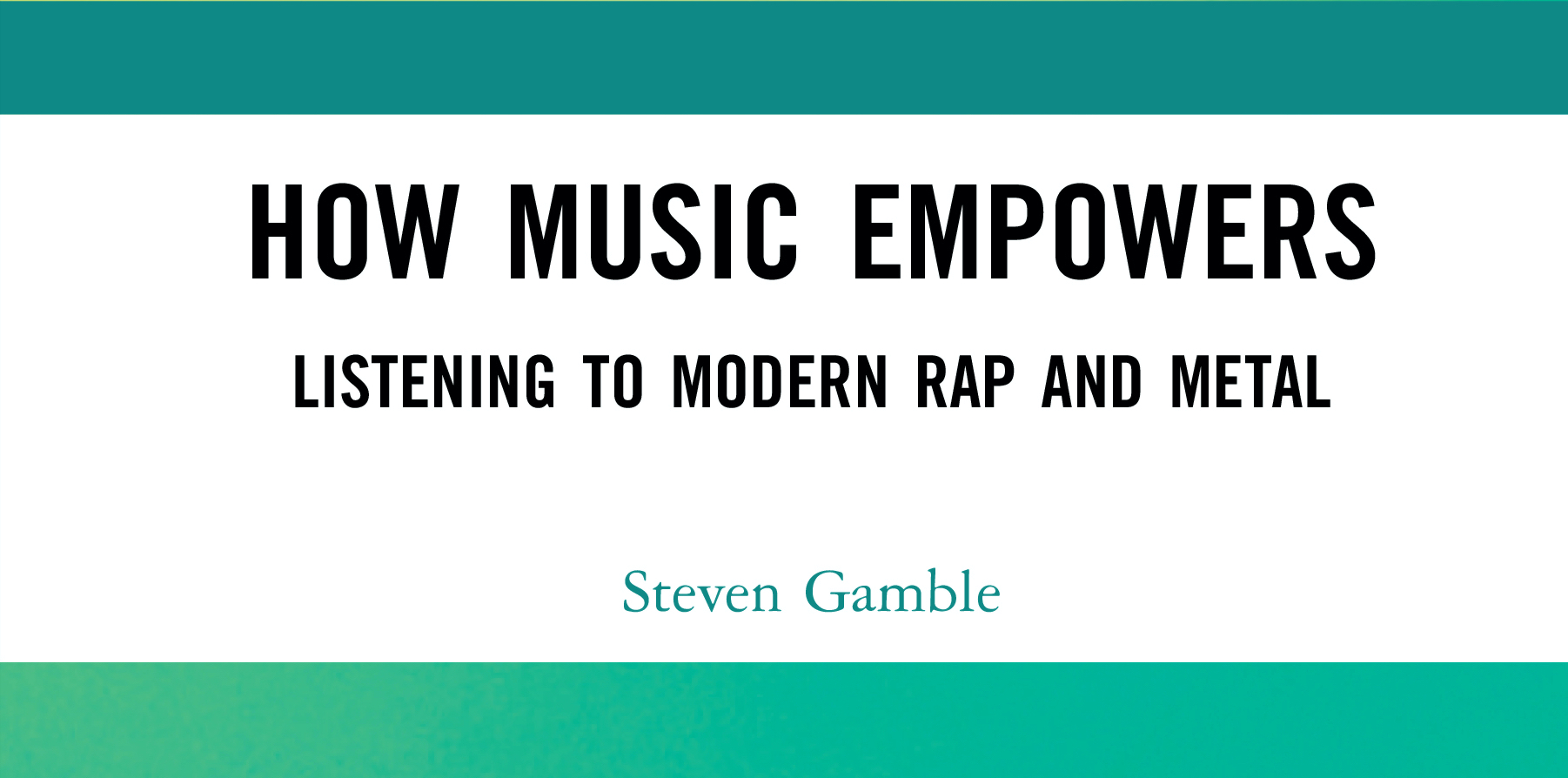My book, How Music Empowers: Listening to Modern Rap and Metal, is published today by Routledge (Taylor & Francis). I’m very grateful to everyone who offered advice or support during the writing process. The pricing – especially the hardback – is steep indeed in line with all new Routledge texts, although a paperback will follow and the ebook is more reasonable. I would be glad to discuss review copies – please just ask. As well as the Routledge website, you can get it from the usual places like the evil company. If you work or study at a university and think it could be useful to you, your colleagues, or students, please consider ordering a copy through your library service!
From the blurb:
How Music Empowers argues that empowerment is the key to unlocking the long-standing mystery of how music moves us. Drawing upon cutting-edge research in embodied cognitive science, psychology, and cultural studies, the book provides a new way of understanding how music affects listeners. The argument develops from our latest conceptions of what it is to be human, investigating experiences of listening to popular music in everyday life. Through listening, individuals have the potential to redefine themselves, gain resilience, connect with other people, and make a difference in society.
Applying a groundbreaking theoretical framework to postmillennial rap and metal, the book uncovers why vast numbers of listeners engage with music typically regarded as ‘social problems’ or dismissed as ‘extreme’. In the first ever comparative analytical treatment of rap and metal music, twenty songs are analysed as case studies that reveal the empowering potential of listening. The book details how individuals interact with rap and metal communities in a self-perpetuating process which keeps these thriving music cultures – and the listeners themselves – alive and well. Can music really change the world? How Music Empowers answers: yes, because it changes us.
How Music Empowers will interest scholars and researchers of popular music, ethnomusicology, music psychology, music therapy, and music education.
I’m confident that there’s a lot in the book that speaks to the current moment, not least how folks are using music during the pandemic: to help stay connected and maintain a clear sense of self; to tune out from the news cycle of doom and take some time re-centring; to process emotions and, as one common metaphor goes, ‘let it all out’; to accompany social interaction, virtual parties, live-streamed events; to bolster engagement with political activism, whether online or on the street.
The book especially wants to examine how ideas of empowerment have shifted, from the structural re-balancing of power to an individual responsibility left to the powerless: empower yourself. And what does it mean when a vape company sells their products in terms of ‘empowering smokers’?
Alongside all this, the book is the first full-length analytical study of rap and metal, focusing on how these ‘problem musics’ and their associated moral panics have been understood since the millennium. Moreover, in 2021, how do they continue to be two of the most adored, flourishing, diverse, and politically engaged genres of popular music?
More information on the book, including a chapter summary, is available at howmusicempowers.com. If you’d like to discuss further, get in touch here.
